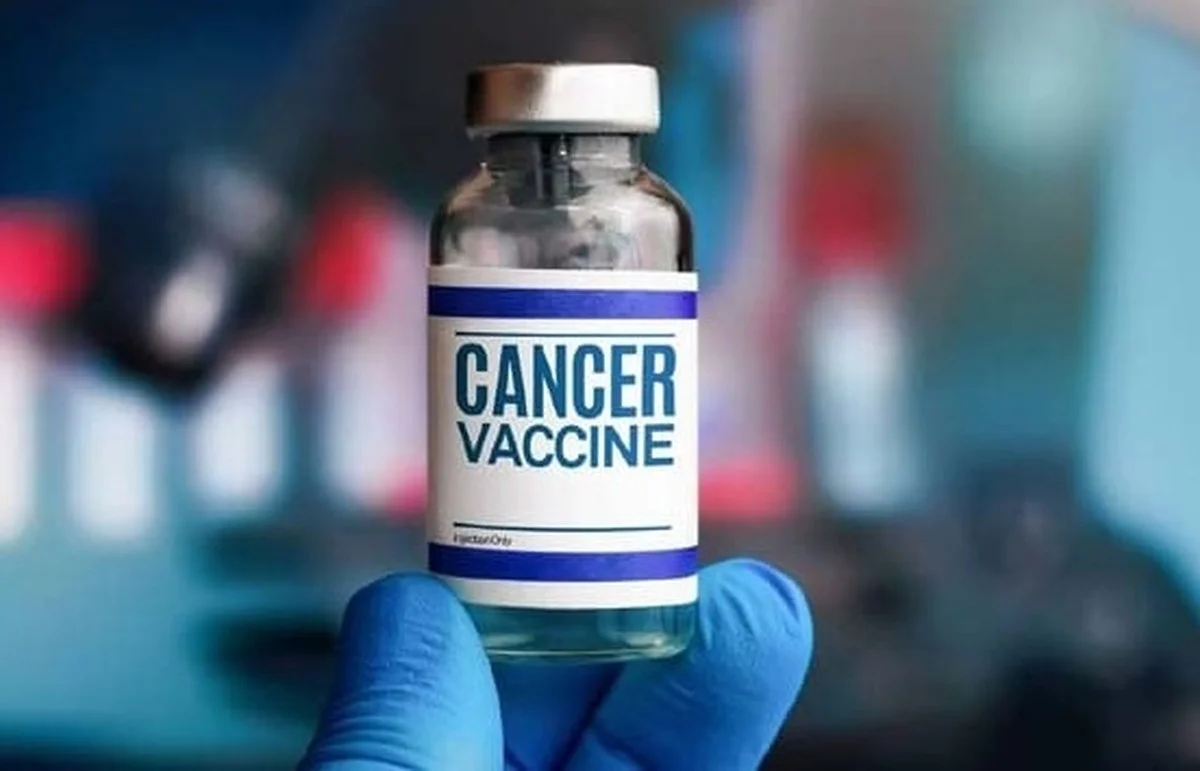17/12/2024
17/12/2024

MOSCOW, Russia, Dec 17: Russia's health ministry has announced the development of a cancer vaccine, which will be offered to patients free of charge. Andrey Kaprin, the head of the Radiology Medical Research Center at the Ministry of Health, confirmed that the vaccine will be rolled out in early 2025, according to state-run media.
Unlike vaccines designed to prevent cancer, this vaccine is intended to treat patients who already have cancer. Previous statements from Russian government scientists suggest that the vaccine will be personalized for each patient, similar to cancer vaccines being developed in the West.
Details regarding the specific types of cancer the vaccine targets, its effectiveness, and how it will be distributed remain unclear. The vaccine’s name has not been disclosed.
Cancer rates are rising in Russia, with over 635,000 cases reported in 2022. Colon, breast, and lung cancers are among the most common types in the country.
Personalized cancer vaccines are designed to teach the immune system to recognize and attack proteins specific to an individual’s cancer. These vaccines use RNA from a patient's own tumor to help the immune system target cancer cells. Similar to traditional vaccines that use parts of viruses to prevent disease, cancer vaccines use harmless proteins from the surface of cancer cells, known as antigens. When these antigens are introduced into the body, they stimulate the immune system to produce antibodies that target and destroy cancer cells.
Other countries are also working on personalized cancer vaccines. In May, researchers at the University of Florida tested an individualized vaccine on four patients with glioblastoma, an aggressive brain cancer. The study showed that the vaccine triggered a strong immune response just two days after injection. Senior study author Elias Sayour, a pediatric oncologist at UF Health, noted, "In less than 48 hours, we could see these tumors shifting from what we refer to as 'cold' – immune cold, very few immune cells, very silenced immune response – to 'hot,' very active immune response."
In the UK, scientists are testing a personalized vaccine for melanoma, the deadliest form of skin cancer. Early results have shown that the vaccine significantly improves survival rates. Steve Young, a 52-year-old melanoma patient in the UK, is participating in a clinical trial of the vaccine. He said, "This is my best chance at stopping the cancer in its tracks."


